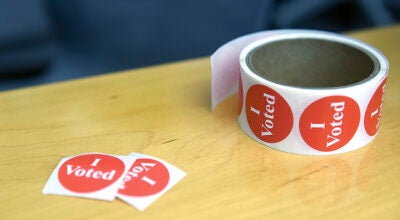Intangible law needed to change
Published 12:00 pm Saturday, June 26, 2010
When a law includes the words “intangible,” it’s almost certainly not a good law. By its nature, something intangible can not be measured or, perhaps, even fully understood. The Supreme Court quite rightly agreed on Thursday, narrowing the scope of the federal “honest services” law that has so often been used as a convenient lever for prosecutors to pull when they seek to bring a marginal corruption case to court.
Justices ruled that the law was employed to broadly in high-profile cases against Enron executive Jeffrey Skilling and media executive Conrad Black. Prosecutors had built their cases, in part, on a portion of the federal law which says it is a crime “to deprive another of the ingtangible right of honest services.” That language had been a gift to prosecutors who could argue that almost any executive error or string of errors was a violation. But what prosecutors thought was a crime, defendants often thought was just on the right side of the law. As a Court of Appeals judge wrote in 2003, “How can the public be expected to know what the statue means when the judtes and prosecutors themselves do not know, or must make it up as they go along?”
A good law shouldn’t be that vague. And it’s amazing that the matter took so long to make its way to the Supreme Court for correction. While it’s good that criminals of all sorts be apprehended and prosecuted, it’s not good if those prosecutions are based on a law no one can understand.
The Supreme Court acted correctly in sending the Skilling and Black cases back to the lower courts, for convictions based on the “honest services” law, in its current form, should not stand.





